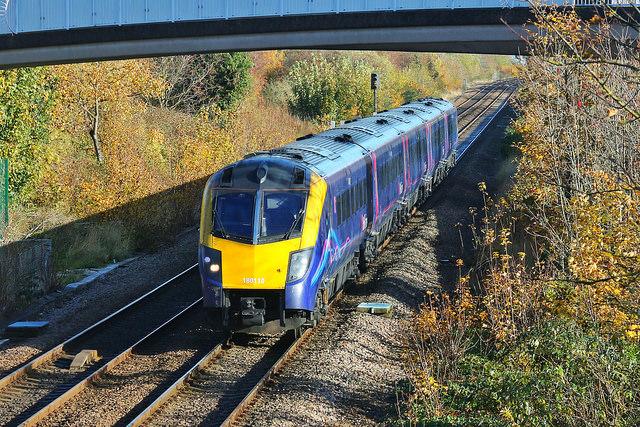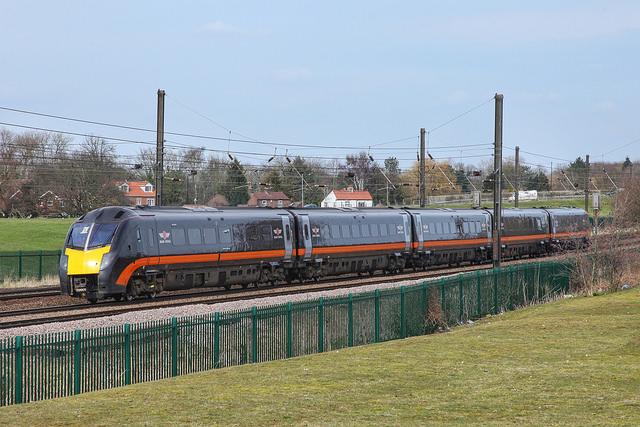Open access operators, like Hull Trains and Grand Central, compete with franchised train operators on the GB mainline. The competition they introduce has been shown to deliver significant benefits. These include: lower fares, improvements to service levels and growth in the market for rail travel. They were also the first to introduce innovative services, such as free WiFi for all passengers.
However, there is a risk that open access operators might cherry pick the most profitable services. In the GB rail market, where there is a lot of public subsidy of franchised services, this would result in the cost of the railway to government going up. Our policy must take this into account alongside the potential benefits of more open access.
What we are changing
Despite the benefits they generate, non-franchised operators account for less than 1% of passenger miles in GB.
We are introducing a number of changes to ensure that open access operators are able to prosper and grow their businesses, so long as they generate sustainable benefits for passengers.
From April 2019, new open access operators (and existing operators that substantially modify their services) that propose to run certain services will be required to make a bigger contribution to the cost of running the railway through the infrastructure cost charge. While this represents an extra cost to potential operators, we are also making changes to our access policy which will increase the likelihood that services incurring the new charge will be granted access rights. This should encourage more competition in the passenger rail market.
We are also introducing the 'Economic Equilibrium' test, which we will use in our assessment of track access applications. It will consider the impact on the finances of the existing franchise operator alongside the passenger benefits. This test is required under EU legislation which seeks to promote competition in passenger rail markets across Europe. This complements our existing access policy, which already requires us to weigh up a number of factors including whether there is fair and efficient use of capacity on the network and whether the new services would enable greater competition.
Lastly, but no less importantly, we are going to be engaging with industry to develop a framework for monitoring the impact of, and response to, open access. This should ensure that open access operators continue to face fair market conditions. It will also act as an early warning system, enabling us to be a more proactive competition regulator.
You can find out more about our work on open access and how to respond to our consultations:
Adelante STP: Hull Trains Adelante 180110 from Hull to Doncaster, taken on 10 November 2018. Photograph by @JohnGreyTurner (CC BY-NC-ND 2.0) from Flickr.
Adelante STP: Hull Trains Adelante 180110 from Hull to Doncaster, taken on 10 November 2018. Photograph by @JohnGreyTurner (CC BY-NC-ND 2.0) from Flickr.




